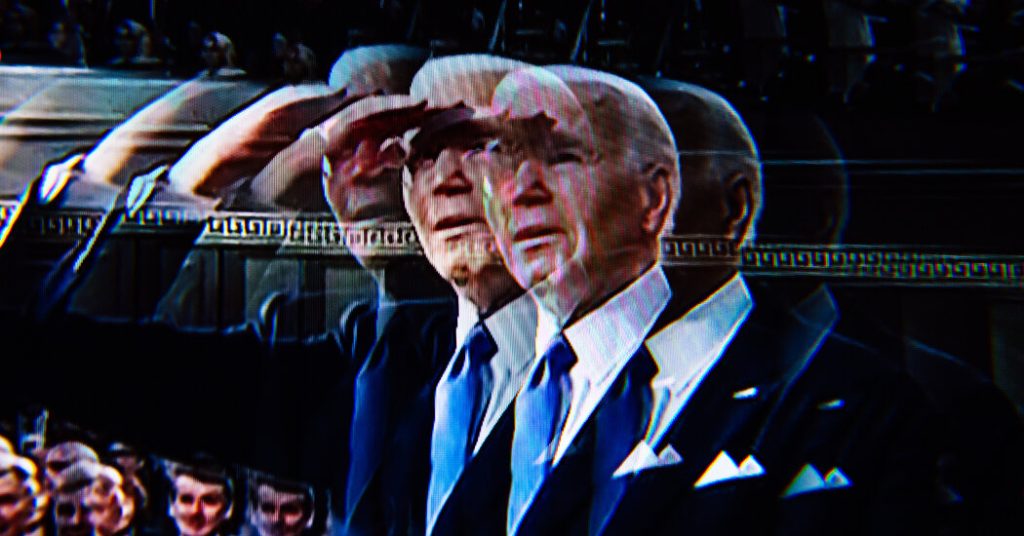The author explores the international comparisons of political leadership and economic performance, specifically focusing on the United States and its peers in the Western world. Despite the insularity of many Americans, it is important to understand how other countries can serve as a mirror to reflect and illuminate our own strengths and weaknesses. In this context, President Biden’s relative popularity in comparison to other Western leaders is surprising and noteworthy.
The COVID-19 pandemic, a major factor affecting global economies and public health, has had varying impacts across countries. While the U.S. experienced a severe pandemic and lagged behind in life expectancy compared to other wealthy nations, its economy showed a strong rebound post-pandemic. Biden’s economic policies have been credited with contributing to this growth, but inflation has emerged as a contentious issue affecting public perception of the economy.
Inflation has been a common challenge for many countries post-pandemic, with prices rising across the board. Despite this, public dissatisfaction with leaders remains high in most cases, with every leader of a Group of 7 nation facing net disapproval. Biden’s relatively less negative net approval compared to his peers raises questions about the factors influencing public opinion and political consequences in upcoming elections.
While Biden’s low approval ratings may be attributed to various factors such as age, political messaging, and perceived disconnect with voters, it is important to consider the international context where leaders face similar challenges. The extent to which economic and social fundamentals shape public opinion varies across countries, and this requires a nuanced understanding of the factors contributing to leadership approval.
Ultimately, the political landscape in the United States and other Western nations reveals a complex interplay of economic performance, public perception, and leadership dynamics. Biden’s relative popularity compared to other Western leaders raises questions about the factors driving public opinion and the implications for upcoming elections. By examining these international comparisons, we can gain valuable insights into our own societal challenges and opportunities for progress.


